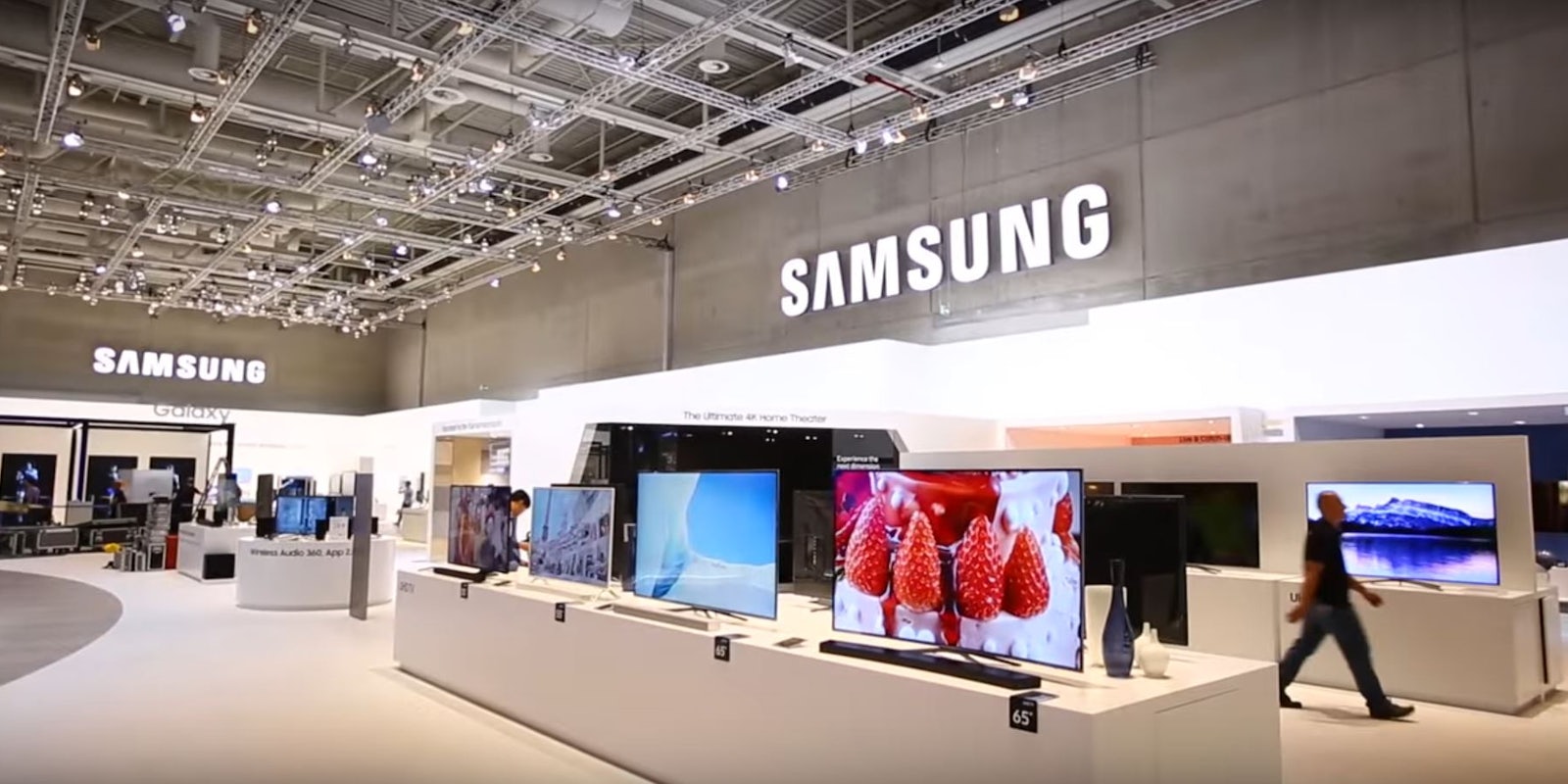Samsung put up some impressive fourth-quarter earnings numbers just a day after revealing its findings of why the Galaxy Note 7 began exploding.
The South Korean company saw $7.9 billion in profit in the last quarter of 2016, and a revenue of more than $45 billion, overcoming the $2.5 billion lost from having to recall its flagship Galaxy Note 7 smartphone.
The smartphone giant was lifted by its components and television divisions. It sold a record amount of memory products between October and December and had strong OLED and LCD panel sales.
After a tumultuous six months, the company was still able to post year-over-year mobile sector gains due to the success of its Galaxy S7 and S7 Edge smartphones, and increased profitability in its mid- to low-end devices.
The only area that declined was its consumer electronics division, which was weighed down by new investments in business-to-business services.
Going forward, the company predicts its memory sales will continue to increase due to the demand for processing big data from Internet of Things applications, like autonomous vehicles and AI. It also expects to see increased earnings from its OLED panels but anticipates more competition in LCDs and lower-priced OLED displays.
The company will look to strengthen its lead in the premium smartphone market and continue to expand into the mid- to low-end. Samsung told CNET it would continue with its Note smartphone models, while its Galaxy S8 has been pushed back to a spring release date.
But don’t expect smartphones to change much this year. Samsung says artificial intelligence will serve as the main differentiating factor for mobile devices, and demand will ultimately slow.
This is all great news for a company that has received non-stop ridicule over the past six months while it tried to figure out what was going on with one of its most profitable products. It stands as just another example from 2016 that despite past mistakes, you can still end up on top.


